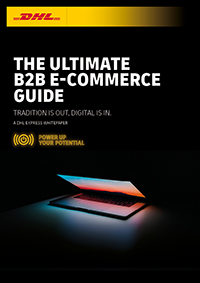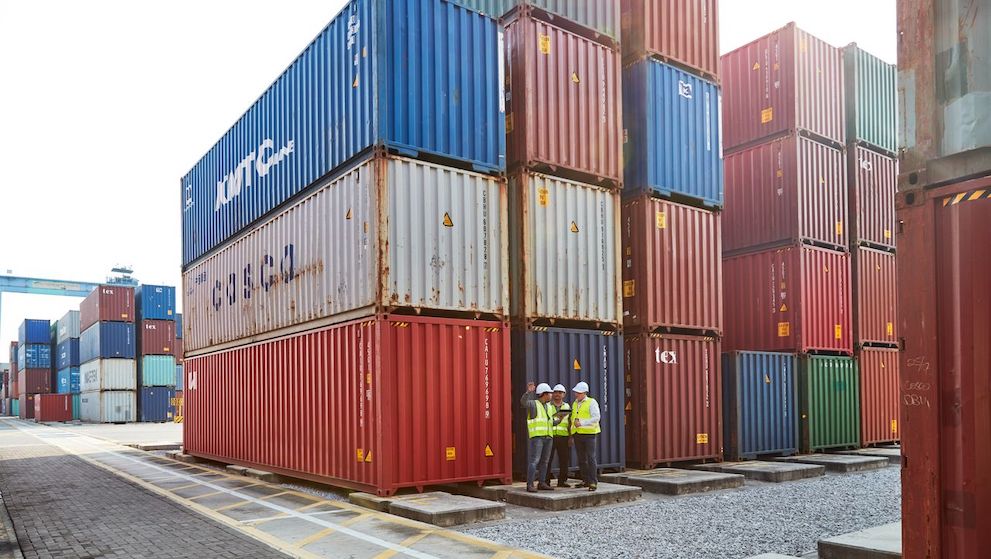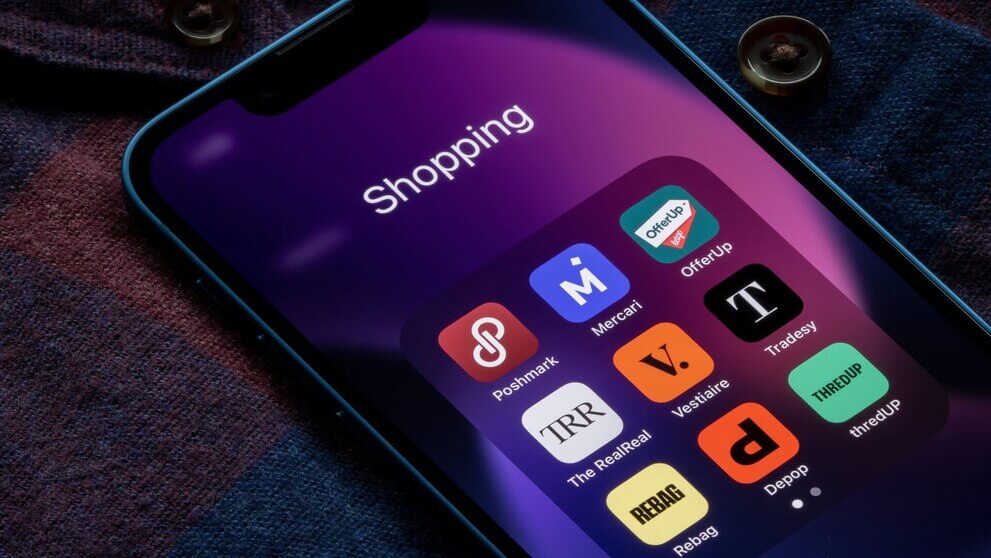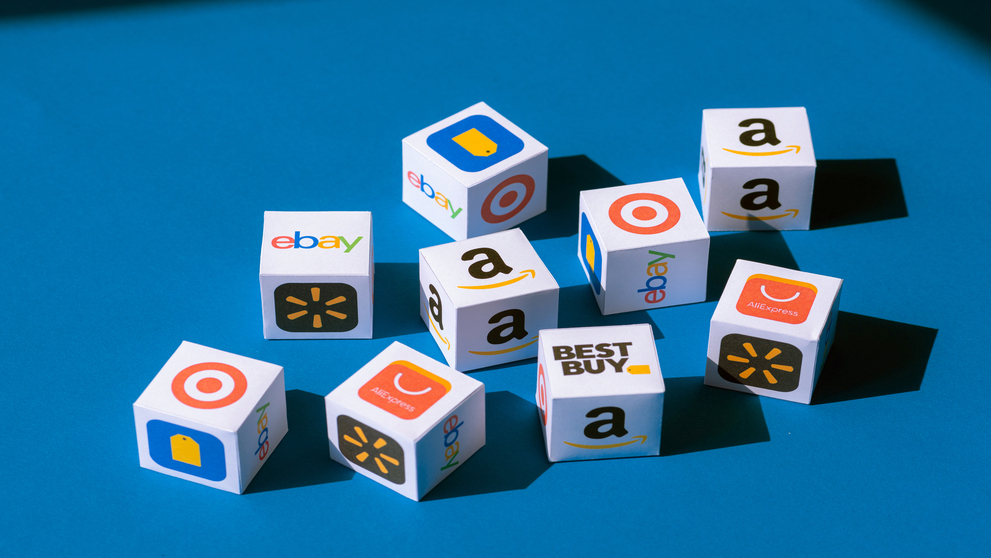
The Ultimate B2B E-commerce Guide [White Paper]
2020 has seen a major shift and acceleration in the B2B e-commerce industry. Following the success of B2C e-commerce as an efficient marketplace, the COVID-19 pandemic further accelerated the growing need for B2B e-commerce to flourish. Through this model, businesses were able to continue with their trade and market activities in a safe manner to meet new consumer demands and boost their revenue.
Disruptions like these have become catalysts in the ever-evolving e-commerce space. In order to further predict the strong growth of the B2B e-commerce market in the coming years, DHL Express released a whitepaper titled, “The Ultimate B2B E-commerce Guide: Tradition is out. Digital is in.” It outlines how digitalisation and buying behaviour of current and future consumers are the driving forces for the growth of e-commerce globally. The study predicts that by 2025, 80% of all B2B sales transactions between suppliers and buyers will occur digitally.
Before we go into these insights in detail, let’s take a step back to understand:
What exactly is B2B e-commerce?
Typically, B2B e-commerce refers to the trade between a company buying supplies from another company, where the entire transaction including the shipping and payment is done online without logging in to a gated portal or speaking to a sales representative first. It is this industry, that the DHL Express whitepaper predicts, will see tremendous growth by 2025 as the preferred marketplace.
How B2B e-commerce changed during the Covid-19 pandemic?
The impact of the Covid-19 pandemic has not only accelerated the pace of digitalisation, but also the purchasing behaviour of the technology-oriented millennials, who are now the main professional decision-makers of the B2B e-commerce space.
2020 was a year that ramped the pace of digitalisation within a few months’ time with cross-border and online shopping as the new normal. It was during the time of these worldwide shutdowns that fuelled digitalisation and global trade. These emerging trends have led to the growth of the number of consumers transforming most of their shopping activities online.
The pandemic has fast-tracked this development like never before, and this has led to a sharp rise in many B2B e-commerce businesses trading their goods in the online global marketplace. Many companies have started understanding the importance of online selling platforms, which are crucial for their success, today and in the future.
THE NEW CONSUMER BEHAVIOUR
Covid-19 has definitely changed the way of our lives, but it comes with some real challenges for B2B businesses today. Adapting to the new consumer behaviour is one of the major challenges if B2B businesses have to be successful. Here are some ways of overcoming this rapid change:
- Digitalising business strategy
With this shift to e-purchases, now consumers are constantly engaging digitally with the brand. This provides businesses to a wide range of audiences with more potential and demand for a new set of expectations such as providing relevant products or services as per the customers’ needs. Further, digitising the business helps you observe the efficiency of your digital strategy, as well as keep track of the orders, manage inventory, and respond to communications. This provides you the door to expand your business regionally or globally.
- Focusing on customer priorities
The Coronavirus pandemic has increased the online shopping margins by 32% from the previous years. This surge was more apparent in 2020, as customers shifted to online shopping platforms in order to maintain the government mandates for social distancing and safety measures. These new customer priorities pushed many B2B businesses to improve their focus by updating the product descriptions on their web pages, improving delivery times, and leveraging on reviews and ratings across products.
- Building credibility
The increase in e-commerce shopping is sure to spoil the consumers for a reliable choice. Hence, they’d only choose brands that are credible and have positive review sources. This includes providing authentic and comprehensive descriptions of products with reasonable prices and affordable shipping rates and delivering them quickly in a good condition. Why? Because a major share of any successful e-commerce business is credited to having a reliable logistics partner that goes a long way in driving the turnover of the products.
- Boosting global connections
Another way to overcome the challenge is to step into the local or international territory. It is a great way to drive your e-commerce business forward. For that, it is necessary for B2B e-commerce companies to partner up with an international shipping expert who knows the regional landscape inside out.
Adapting to the changing consumer behaviour by following these measures is one way to boost the B2B e-business in this new normal. And secondly, it comes with a great potential consisting of new buyers readily available in the market – millennials.
THE POTENTIAL IN B2B E-COMMERCE
DHL Express’s Whitepaper reveals that besides globalisation and digitalisation, millennials are already accounting for 73% of all professional B2B purchasing decisions. Being digitally savvy, their experiences in the B2C sector is setting high expectations when doing any B2B transactions, thus compelling companies to improvise their digital solutions, such as selling platforms, while providing immense growth potential. So, if B2B companies have to make the most out of the new e-commerce opportunities, they’ll have to start familiarising with the changing buying behaviours.
How DHL Express plays a critical role in B2B cross-border e-commerce?
DHL Express has continuously made huge investments in improving our flight capabilities and infrastructure to meet our customers' high demands. The world’s leading international express service provider has boosted its flight network to serve growing demands between the Asia Pacific and the U.S. and Europe. With this measure, DHL Express have the airfreight capacity to support businesses and customers worldwide in adapting to the B2B evolution and help them benefit from the global e-commerce space. By partnering with DHL Express, many B2B companies can increase their competitiveness as DHL offers a wide range of shipping services and can handle all the complications of international logistics.
Do you want to learn more about the B2B sector’s e-commerce transformation?
Download the B2B E-commerce Guide Here
Your B2B e-commerce revolution starts here. Download the White Paper to begin your journey towards meeting the new customer demands and help your business grow into a more profitable operation.



























